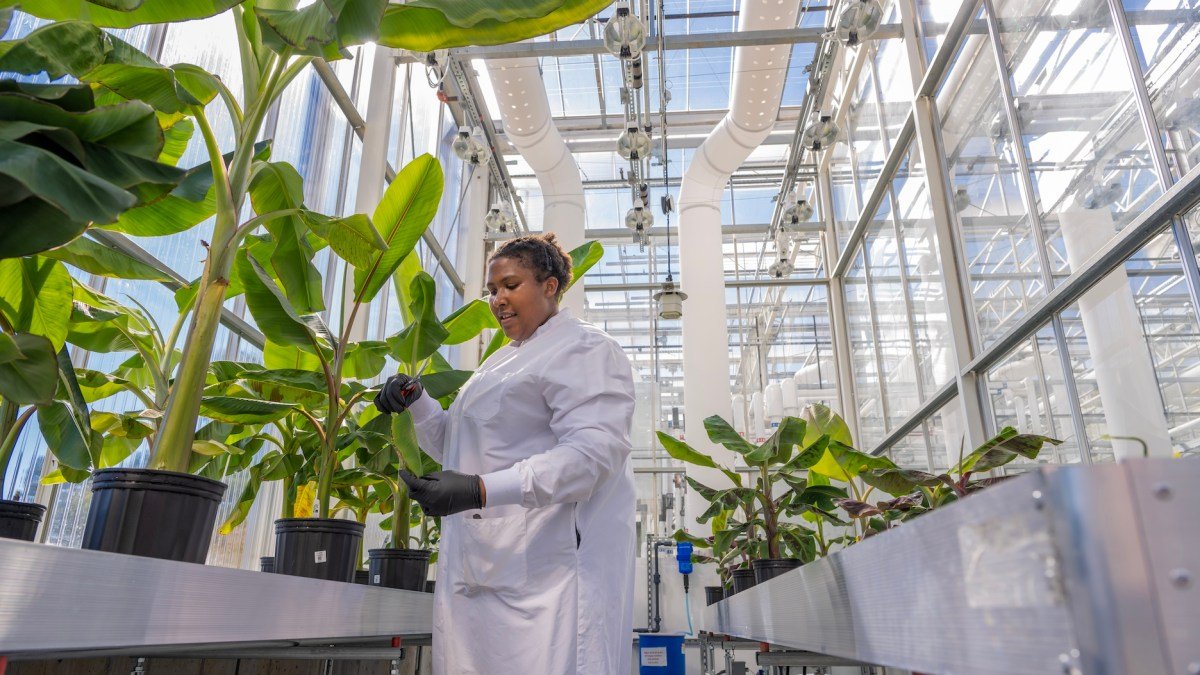Elo Life Systems, an ingredient company based in North Carolina, has recently announced a $20.5 million Series A extension from existing investors, just a year after securing $24.5 million in Series A capital. The funding was jointly led by DCVC Bio and Novo Holdings, with additional investment from Hanwha Next Generation Opportunity Fund, AccelR8, and Alexandria Venture Investments. With this new cash infusion, Elo Life now has a total of $45 million in venture-backed capital.
Todd Rands, CEO of Elo Life, revealed that the company had been planning for another round of funding in late 2024 or early 2025, and the Series A extension (also known as the Series A2 round) may continue to grow. However, he declined to comment on the company’s current valuation, simply stating that “it was not a down round.”
According to Rands, the past two years have been focused on building a strong management team and expanding the company’s technical, manufacturing, and commercial capabilities. This has resulted in significant product milestones, including the upcoming launch of Elo Life’s first product in 2026: a natural, monk fruit-derived sweetener that is estimated to be 300 times sweeter than sugar, without the added calories. The company also has a partnership with Dole to develop a fungal-resistant Cavendish banana.
In addition to these developments, Elo Life is also working on creating other ingredients such as proteins, natural preservatives, flavors, and bioactive compounds, utilizing innovative technologies such as molecular farming, gene editing, and precision fermentation.
Rands sees these advancements in food ingredients as “unlocking whole new categories of ingredients, and completely reinventing our food supply chain.” However, he acknowledges that there have been some challenges in this transformation. “We’ve seen well-documented headwinds for ag/food tech companies this year,” he stated. “However, hype was met by cold reality. Investors weren’t finding the returns they expected in many categories and pulled back from over-valued companies where additional investments weren’t justified. Also, inflation created even more pressure on food prices, which impacts consumers’ willingness to adopt new technologies that add cost.”
Despite these challenges, Elo Life remains focused on reducing the cost and carbon footprint of monk fruit by utilizing local production through molecular farming. In simple terms, they use plants as “biofactories” to produce the monk fruit sweetener in easier-to-grow crops, such as watermelons and sugar beets.
The new funding will be deployed over the next two years as Elo Life works to establish its supply chain for its first sweetener products. Additionally, they will be focusing on technology development, including a partnership with a large non-governmental organization to improve the productivity and resistance of staple nutrition crops, such as cassava and cowpea, in third-world countries.
“Over the past three years, we have been solely focused on R&D to create and optimize our sweetener,” Rands explained. “Now, over the next two years, we will be expanding our outreach to growers and processors for supply, partnering with ingredient companies for commercialization, and working with regulators to secure approvals.”
Rands concluded, “It’s time for Elo to turn outwards and build scale. We’ve been adding new members to our team on a monthly basis to enhance our capabilities and expand our capacity. We are seeing increased momentum in all aspects of our business. It’s incredible to look back and see how far we have come in such a short time.”








